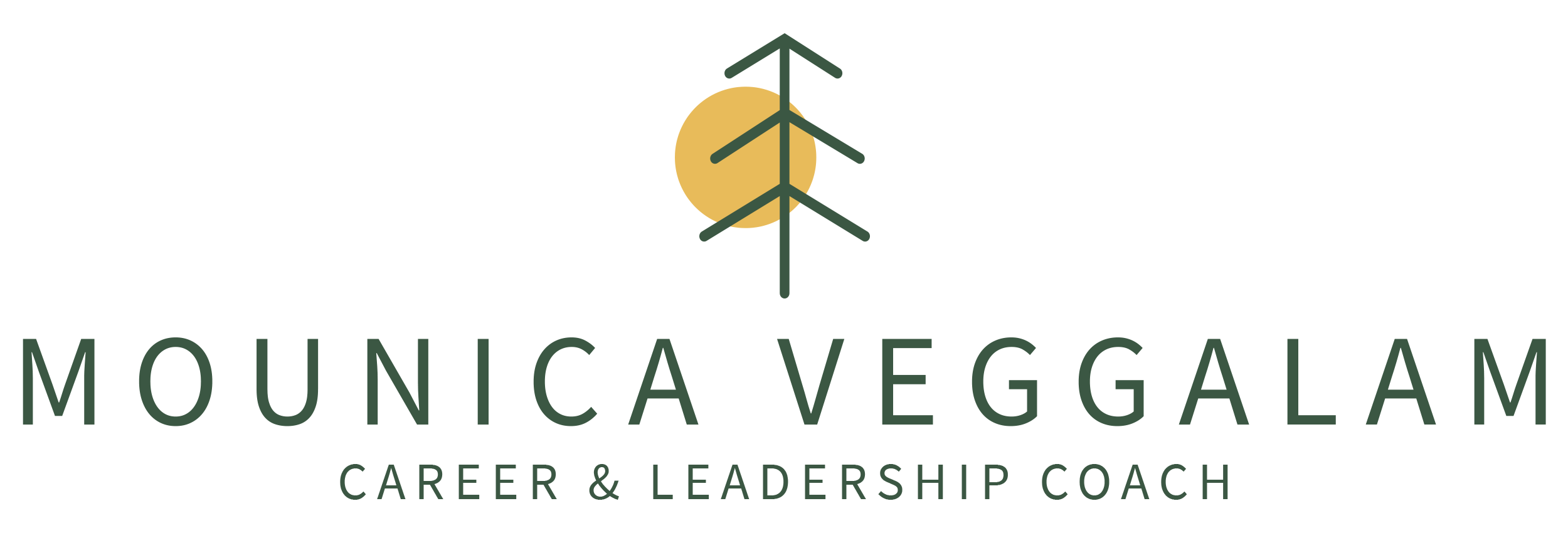In a TV interview, a famous South-Indian actress said, "I gave everything I could to my relationship." The subtext story is that they got a divorce because her husband cheated on her. Her heartbreak, the betrayal, and the grief are piercing and justified. Yet...
"I had to divorce because he cheated on me."
...she put the responsibility subtly over there, even if it's the truth.
Compare that to:
"I'm a NO to a relationship which is not monogamous or dedicated. It makes me resentful. I choose out."
The second statement is more empowered, even though there's heartbreak. It indicates responsibility for her desire, personal autonomy, and self-capacity.
I get it. Relationships are complex and messy. I've been on the side of pushing and blaming my partner more than I'd like, sometimes passively through the stereotypical husband/wife jokes and, at my worst, pointing fingers about how I've been wronged.
Despite the complexity, there's something magnetic about people who communicate with a mental and emotional power about their relationships. Admittedly, the South-Indian actress's case is extreme, and most relationships hang somewhere in between passive-aggressive jokes, bottled-up resentment, and occasional intense fighting, all symptoms of a dynamic of blame. Working towards seeing your partner with an elevation from blame is beneficial not only for the obvious reason of the relationship's health; It indicates your self-leadership across life in all your roles -- manager, coach, teammate, parent, friend, etc.
I like Peter Drucker’s simplified explanation of Self-Leadership: being a self-leader is to serve as chief, captain, or CEO of one’s own life. It means to have the ability to influence communication, emotions, and behaviors.
Said differently, self-leadership is about the capacity and power to act from an altitude rather than the default patterns. It necessarily means we have to leave our automatic comfortable and familiar states of being.
In a relationship, it means we have to let go of some precious things-- our justified perspective on why they're wrong, our opinions on what they should do or should have done, and our intense need for them to be a different way. But does that mean we let go of our happiness, embrace it if it sucks, and never ask for behavior change?
Short answer: No, the self-leadership way in a relationship is to find a way to arrive at taking responsibility for needs, desires & emotions and choosing to stand for partnership or individual sovereignty.
"I'm a NO to a relationship which is not monogamous or dedicated. It makes me resentful. I choose out."
We draw out the responsibility for personal preferences & associated emotions and make choices to either change or stand for those preferences.
But how do we get here when the defaults of blame are too strong? They should be different. It would work out if they were different. I'm doing everything I can; they need to change.
We develop the power to hold our judgments, emotions, and beliefs and operate from a different place, in the face of how other people are. A place where:
- You open up and own the emotional intensity with compassion. The uncomfortable emotions we naturally want to avoid often drive a good portion of the blame. Feeling through emotions and taking ownership of our judgment, stories, beliefs, and perspectives can free up much power to see the dialogue we want to have. "It's not you; an old wound was triggered when you said that" can create a deep partnership that's otherwise unavailable with blame.
- You are clear about your YESes and NOs. What are you a NO to regardless of who you're with? What are you willing to do when you're a NO? What do you want to stand for when you're a NO? "I'm a NO to yelling. If you yell, I'll leave the house for 20 minutes and return for our conversation." "I'm a NO to a relationship where my partner doesn't support me to flourish in my career."
- Make neutral requests even if they'll be met with a reaction. The things you want to blame for, can you make requests for them even if it means you remind them 20 times and are met with a reaction? "Can you not put the knives in the kitchen sink?" "Can you give me a compliment right now?" "Can you stand up for me and remind your parents not to complain about my family members?"
Arriving at self-leadership in a relationship is understandably challenging. One frame I find really helpful (and suggest to my private coaching clients), in doing the difficult work of self-leadership is this:
The possibility of creating a self-transforming relationship, a system in which separate identities are co-regulated by both holding and being held. A system that moves out of psychological co-dependency and into inter-dependency, i.e., rather than each partner protecting themselves & the other to survive life's challenges, each calls out the expression of evolution and growth in the other, supporting life's complex motion of evolution.
Thanks for reading! I'll see you next time. If you'd like to connect and learn more, here are more ways:
- Consider subscribing for insights every week.
- Send me an email for 1:1 leadership coaching. Hit reply.
- Join my practice sessions to train in the art and science of leading people. Bring your "people problems" for coaching, training, and feedback. Find a spot here: https://lu.ma/bwtyueez
